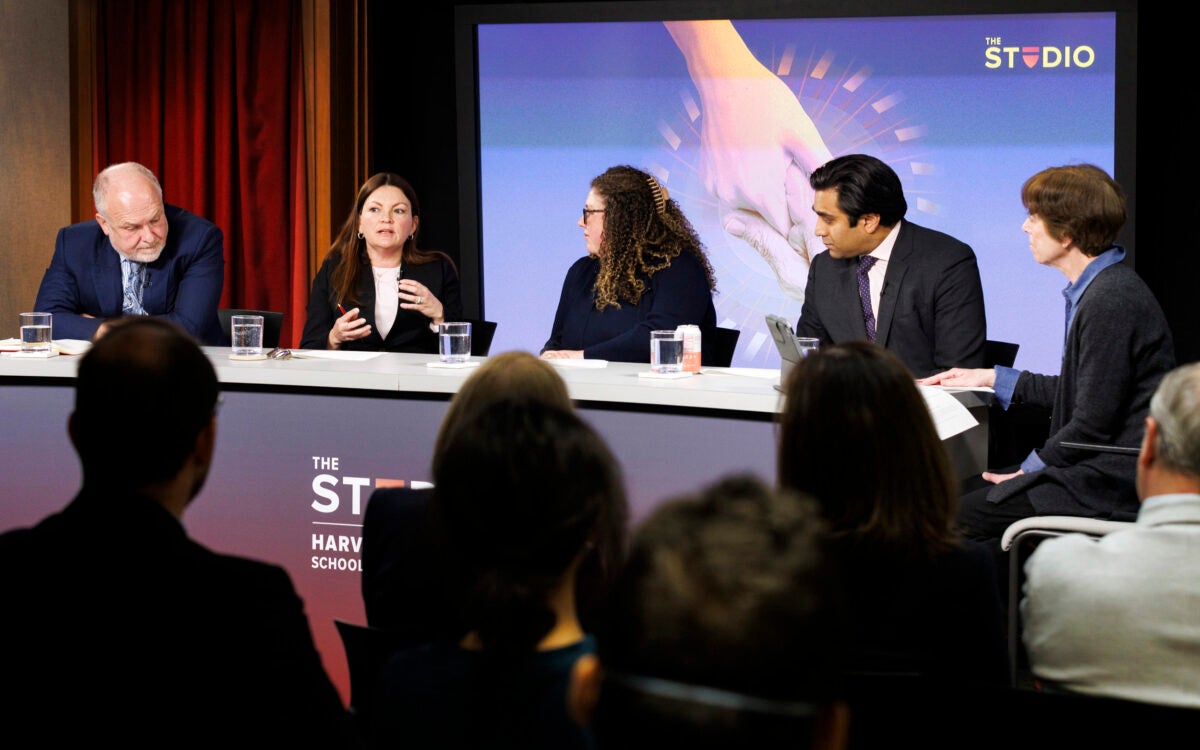Frequent religious service attendance linked with decreased mortality risk among women
Women who attended religious services more than once per week were more than 30% less likely to die during a 16-year-follow-up than women who never attended, according to a study from Harvard T.H. Chan School of Public Health. Frequent attendees also had significantly lower risk both from cardiovascular- and cancer-related mortality.
The study was published online May 16, 2016 in JAMA Internal Medicine.
“Our results suggest that there may be something important about religious service attendance beyond solitary spirituality,” said Tyler VanderWeele, professor of epidemiology at Harvard Chan School and senior author of the study. “Part of the benefit seems to be that attending religious services increases social support, discourages smoking, decreases depression, and helps people develop a more optimistic or hopeful outlook on life.”
Nearly 40% of Americans report attending religious services once per week or more. Previous studies have suggested a link between attendance and reduced mortality risk, but many were criticized for major limitations, including the possibility of “reverse causation”—that only those who are healthy can attend services, so that attendance isn’t necessarily influencing health. The new study addressed these criticisms by using rigorous methodology that controlled for common causes of attendance and mortality, used a larger sample size, and had repeated measurements over time of both attendance and health.
The researchers looked at data from 1992-2012 from 74,534 women who participated in the Nurses’ Health Study. The women answered questionnaires about their diet, lifestyle, and health every two years, and about their religious service attendance every four years.




